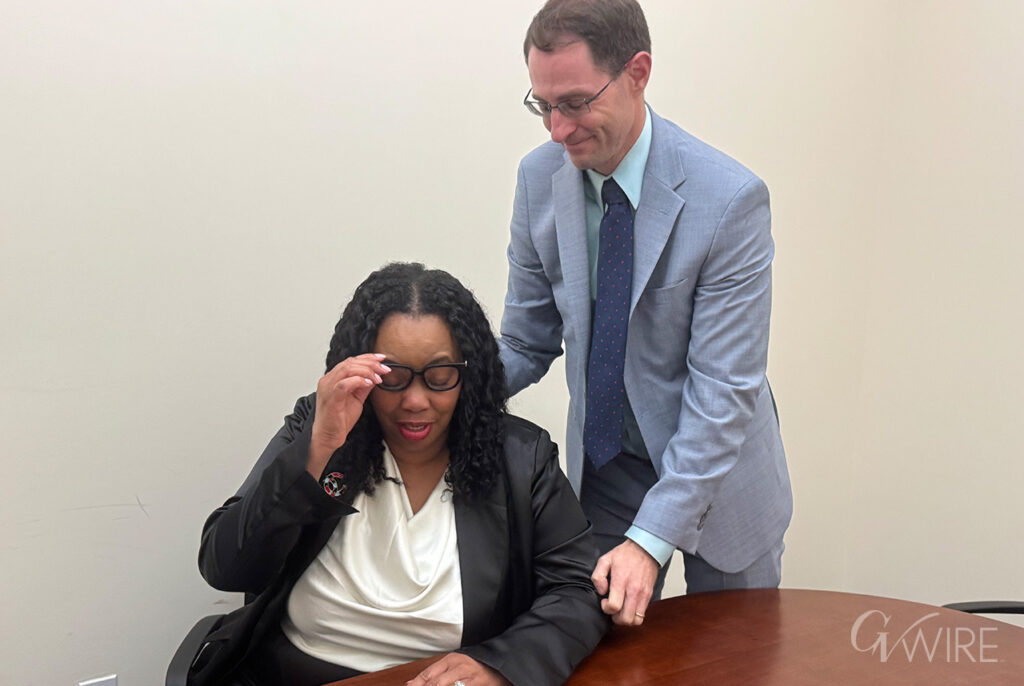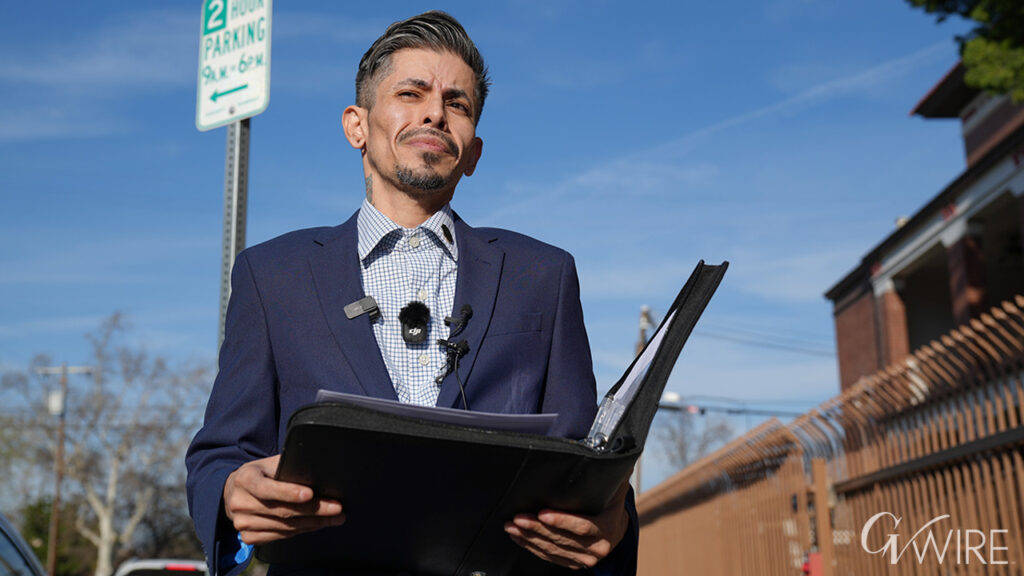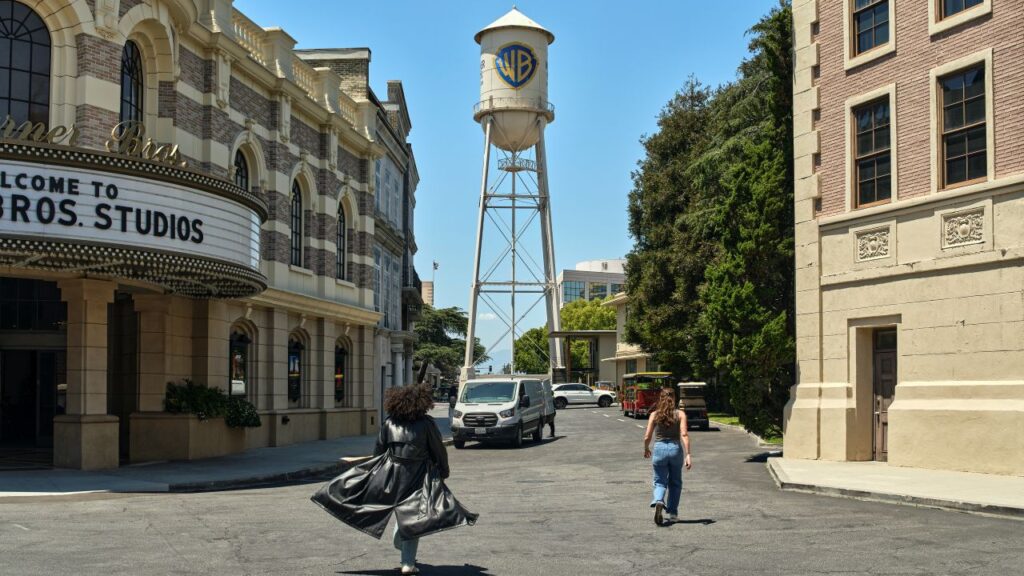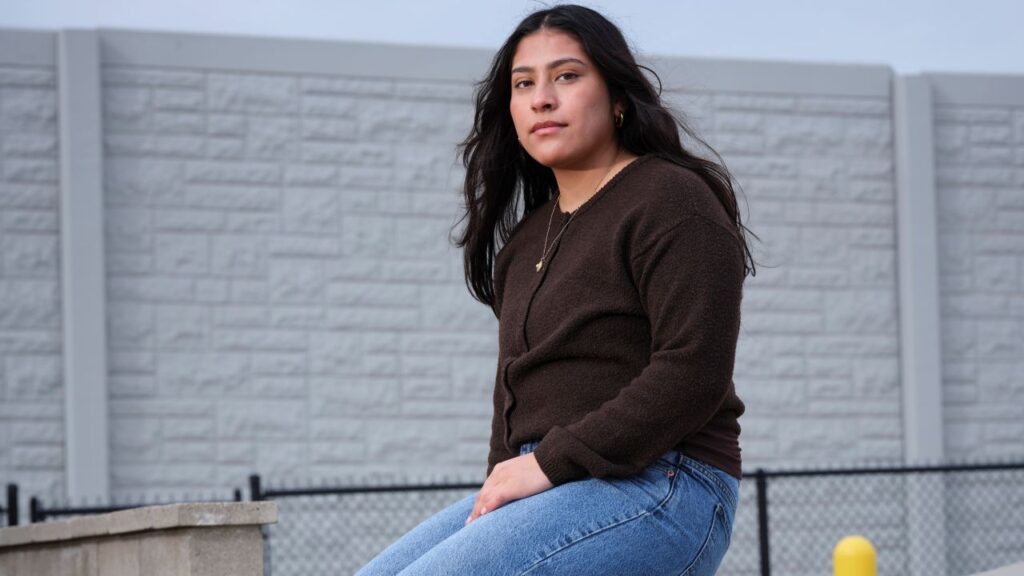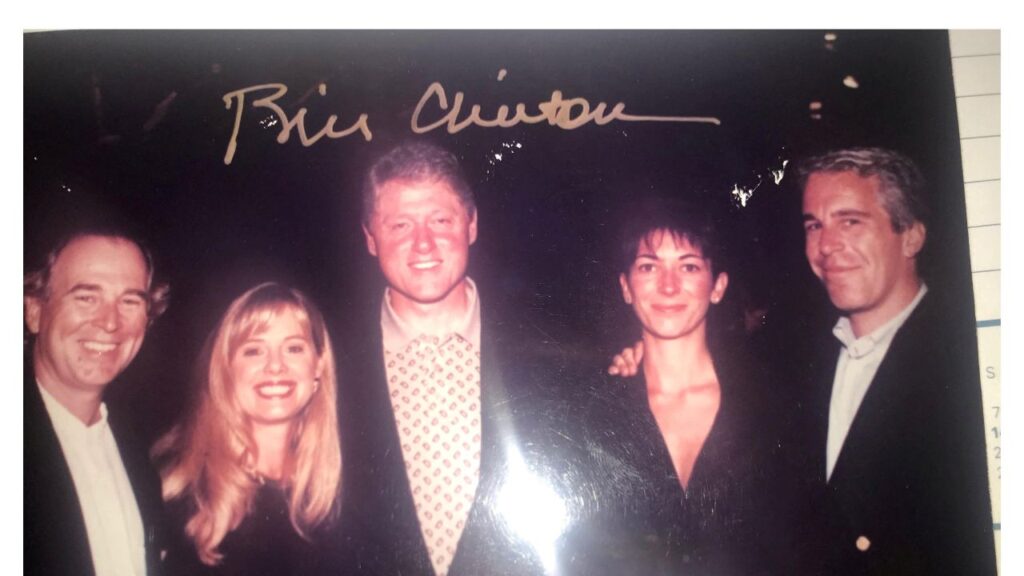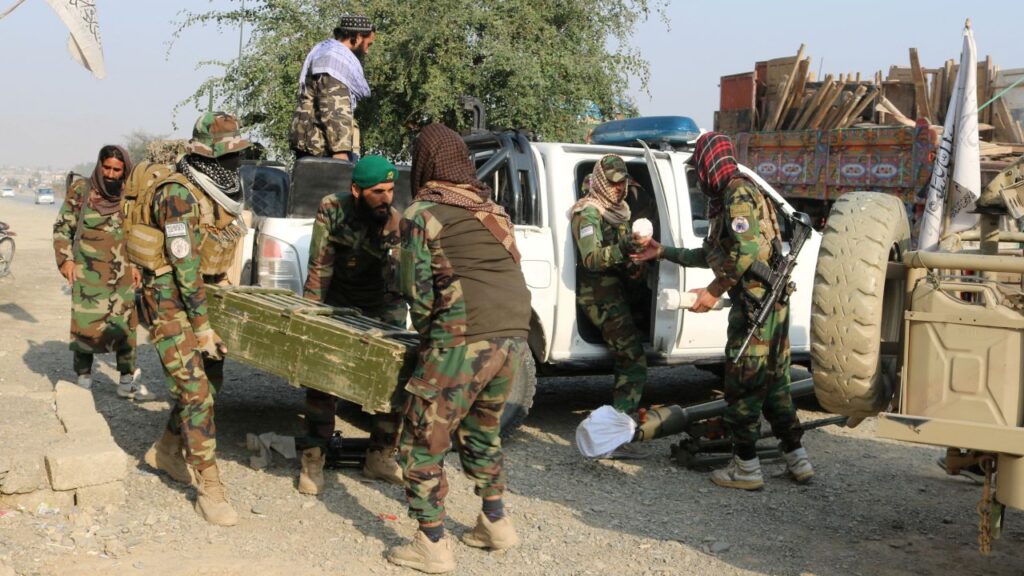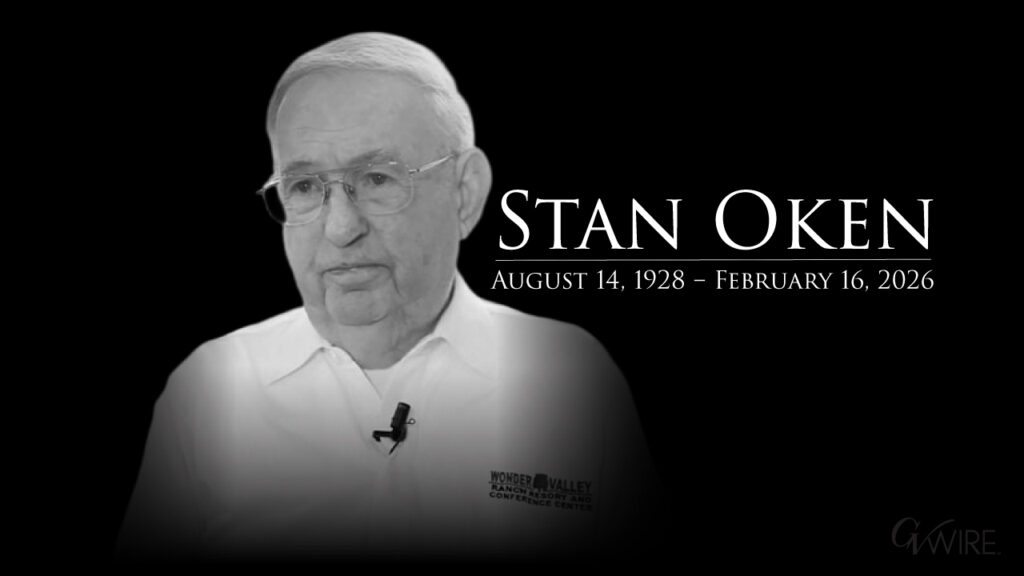The Palisades Fire ravages a neighborhood amid high winds in the Pacific Palisades neighborhood of Los Angeles, Tuesday, Jan. 7, 2025. (AP File)
Share
|
Getting your Trinity Audio player ready...
|
The flames are still roaring, the fire crews are still battling and the people of Los Angeles have barely begun to grieve. As of January 16th, the wildfires that struck the city had killed at least 25 people and destroyed more than 12,000 buildings. Whole neighborhoods look as if they have been firebombed. JPMorgan Chase, a bank, estimates that the bill for the damage will exceed $50bn, making these fires the costliest in American history. Even before the flames are put out, many Angelenos are wondering: could some of the pain have been averted? Alas, the answer is yes.
Living in Los Angeles Is a Risk
Living in Los Angeles has always involved risk. Cradled uneasily between the mountains and the sea, America’s second-largest city is susceptible to fires, floods and earthquakes. Climate change adds to the peril, by making fires more frequent and severe. Weather “whiplash” set the stage for the fires: the vegetation flourished after heavy rain, only to be parched to kindling by a long drought. Flames, once sparked, flew far and fast on strong Santa Ana winds.
Related Story: Gusty Winds, Extreme Fire Weather Return to Southern California
Even if the world makes heroic efforts to curb emissions, favorable conditions for wildfires will grow more common in the decades to come. Vulnerable places everywhere will need to make themselves less vulnerable. This is where politics in LA, California and America has failed.
Strict regulations in LA require new homes to be fire-resistant, but most homes are not new. NIMBYism and convoluted environmental rules make it extraordinarily difficult to build, so much of the housing stock pre-dates the modern building code and is packed with flammable wood. Dense urban development would be reasonably fireproof, but most of LA is zoned for single-family homes, which sprawl out into the foothills, nestling against flammable undergrowth. Clearing or thinning that flammable vegetation is hard, since environmental objections can delay controlled burns for years.
A Better Insurance Market Could Create Better Behaviors
A well-functioning insurance market would encourage sensible behavior, by charging people more if they own fire-prone homes in fire-prone areas, and less if they make their homes safer or if they moved. But Californians voted in 1988 to give an elected insurance commissioner the power to stop insurance firms from raising prices. Insurers were forced to use historical data on wildfires, and could not adjust premiums to the added risks from a changing climate. Not only has a crucial incentive to make homes safer been lacking, but some insurers have been pulling out of the state because writing policies is unrewarding. A reform to allow them to use model-based estimates of risk came into effect only on January 2nd.
Related Story: California Housing Crisis Will Get Worse as LA Fires Destroy Homes
California’s predilection for referendums also restricts the state’s freedom to budget. A ballot initiative, passed in 1978, makes it hard to raise property taxes. Deprived of revenue from taxes, cities are more dependent on fees for services such as firefighting.
The toll of natural disasters, from floods and fires to hurricanes, keeps rising globally. National and local leaders should be working together to reduce the damage. Instead Donald Trump stooped to partisan abuse by blaming California’s governor, Gavin Newsom, for the disaster and calling him “Newscum”. America urgently needs regulations and insurance markets that create the right incentives by promoting cost-effective ways to harden homes and encouraging people to live in safer places. LA will be rebuilt: Gov. Newsom talks of a new “Marshall plan” for the city. People will always want to live in such a beautiful, vibrant place. But the city—and the world—should learn from its tragedy.
—
By The Economist
Syndicated by The New York Times Licensing
Copyright © The Economist Newspaper Limited, 2025






